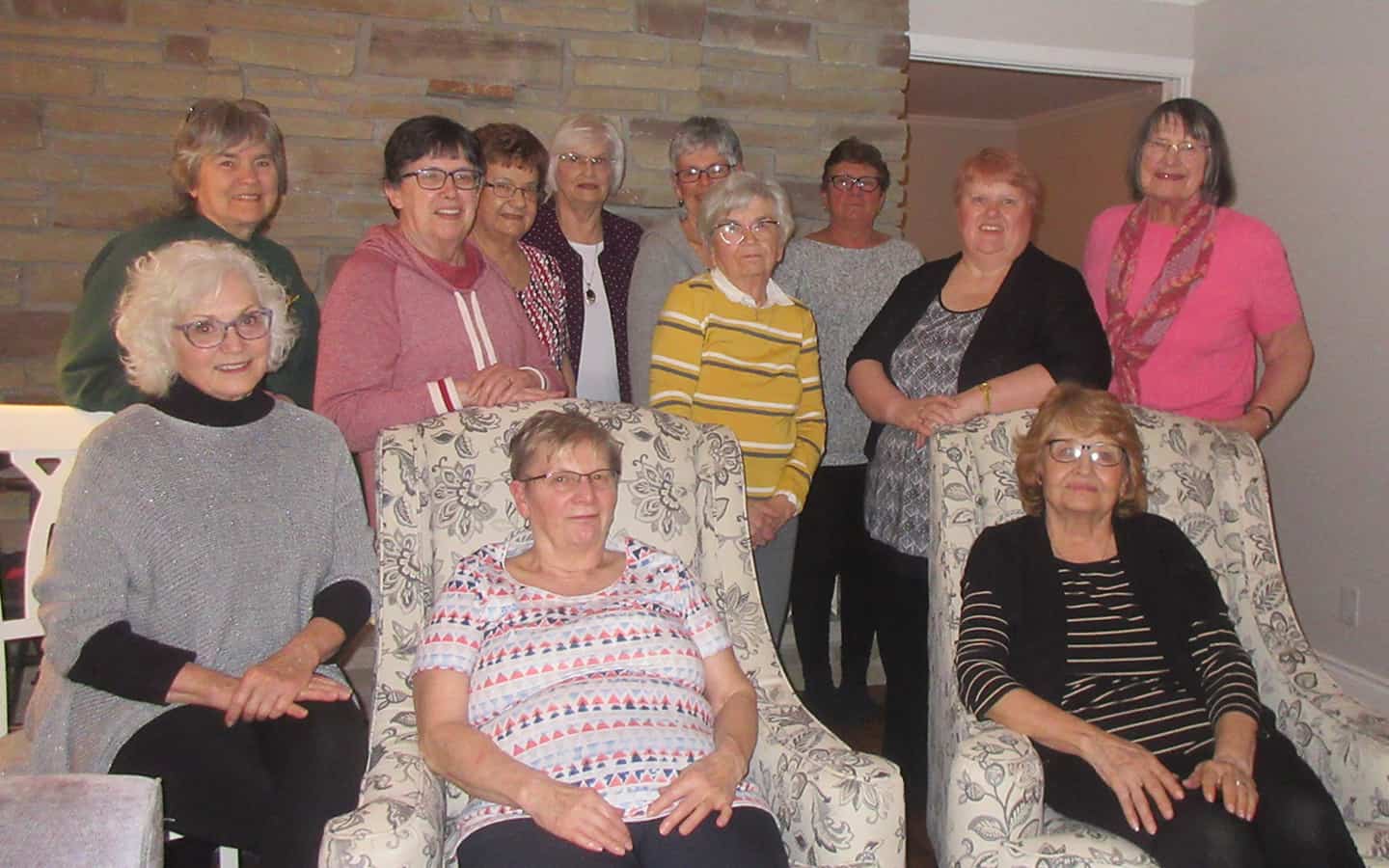Woolwich’s foray into cogeneration should get underway in earnest later this month with the arrival of a gas-fired engine that will generate heat and electricity for the WMC.
The combined heat and power (CHP) system will generate electricity and captures the heat that would otherwise be wasted to provide useful thermal energy, such as steam or hot water, that can be used for space heating, cooling or domestic hot water.
The equipment is due to arrive from Germany the week of March 25, Mike Savel of Grand River Energy told councillors meeting Tuesday night.
The natural gas engine will have two outputs: electrical energy and heat.
Council approved a $1.5-million plan for a CHP back in 2018 under a contract with Grand River Energy (GRE), a venture launched by holding companies of the region’s three electrical utilities, Waterloo North Hydro, Kitchener Wilmot Hydro and Energy+, which are in turn owned by the municipalities.
Since then, the project has been scaled back to remove a planned geothermal component, replaced by a much cheaper heat exchanger for a savings of some $200,000. All of the costs, including installation, will be covered by GRE, paid back by the township over 20 years through the energy cost savings derived from the CHP system.
Savel said the original savings of $600,000 forecast over the life of the deal have now been increased to $960,000.
The WMC is a “good candidate” for such a system, so good that it was eligible for a grant to cover 40 per cent of the cost, he noted.
Since the project was approved, there have been some cost overruns, but also some savings, Savel said, pointing to about $155,000 in additional costs, largely offset by $139,000 in savings.
All of the adjustments are being covered by GRE, with no outlay from the township, he added.
Among the extra costs are noise-attenuation measures, which added $78,000 to the cost. That was needed to prevent sound from carrying to neighbouring properties – “We paid substantially more for the system.”
A sound survey of the existing facility found there was an existing problem with a humidifier on the roof, an issue that will be addressed with a silencer. Provincial regulations say measurements can’t exceed 45 decibels, with the one area registering 46.
“We’re in really good shape, with the exception of one area in the northeast corner,” said Savel of the noise study.
Supportive of the project, Coun. Larry Shantz inquired about the planned uses for the heat generated by the system.
Savel noted it would be used to heat the building as needed, and used year-round to heat the pool, for example.
The CHP system is the latest move to deal with inefficiencies at the WMC. The township has dealt with a number of deficiencies, maintenance woes and high operating costs since day-one, many of them the result of cost-cutting measures imposed as the cost of building the facility increased from a $12-million budget when a new arena was first proposed to about twice that by the time it was completed. Measures have included replacing much of the lighting in the building, for example. Also on the agenda is refitting the refrigeration plant that keeps ice in the facility’s two arenas.









